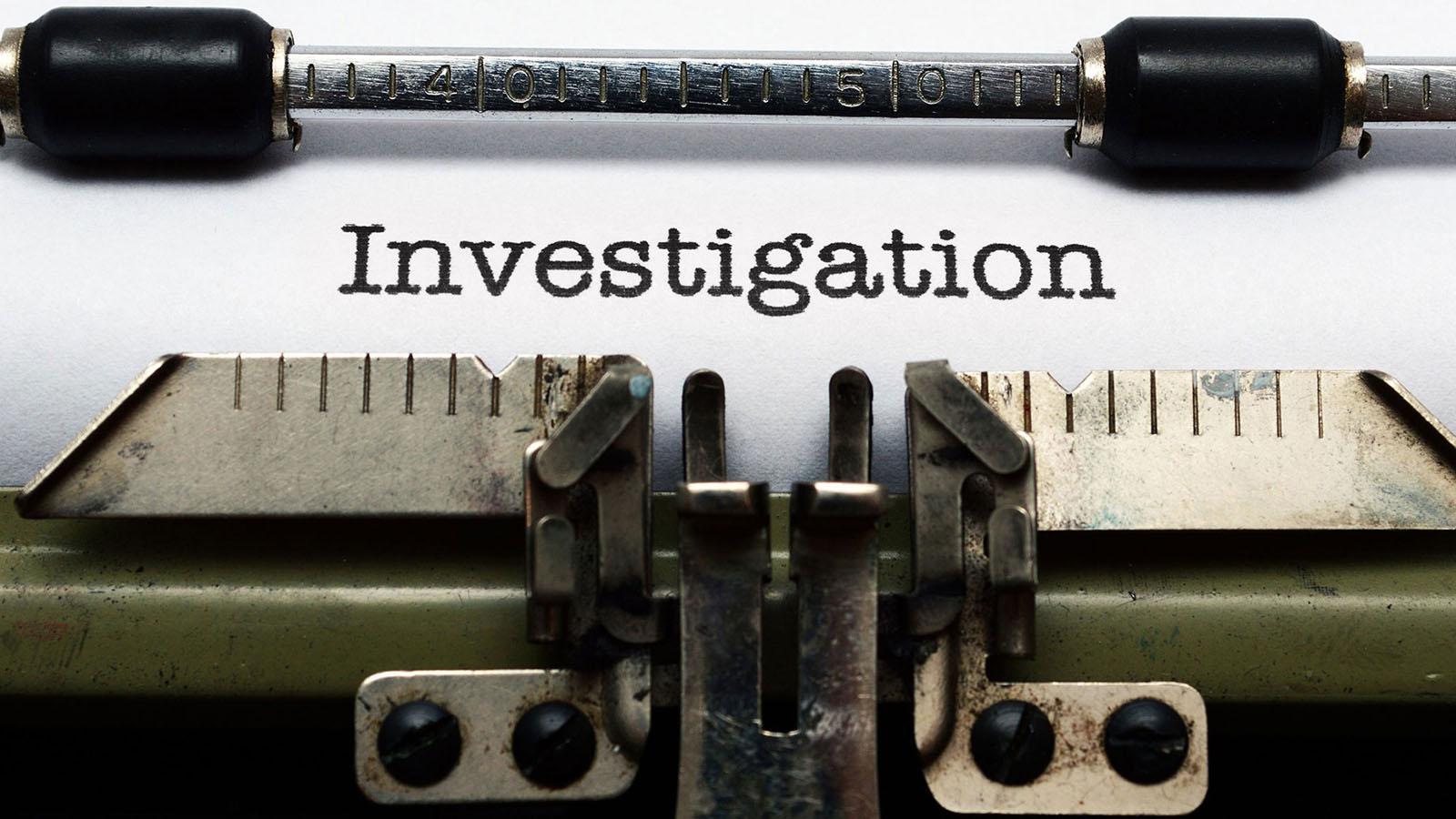Are You Ready for Floods, Fires and Fraud?
Never miss a thing.
Sign up to receive our insights newsletter.

Knowing that hurricanes, wildfires and power outages happen, your business has probably created a disaster plan to help minimize damages and get back to business. Unfortunately, fraud also happens. It’s hard to believe one of your trusted employees would steal from you, but history shows that when need meets opportunity, fraud can result. By creating a fraud response plan in advance, though, you can be prepared to respond and limit your losses. Weaver’s forensic accounting team can help you think through the possibilities and develop a practical plan.
To catch a thief, think like a thief
Fraud response plans can’t cover every scheme, but careful thought will enable you to include the scenarios most likely for your business. Your senior management team and financial advisor can help you think through possible openings. How could your internal controls could be breached be a relatively new hire? By a senior executive? By an angry former employee? By a vendor?
Then decide which scenarios are most likely to occur, given your industry, size, location and technical infrastructure. For example, retailers are particularly vulnerable to skimming. And small businesses without adequate segregation of duties may be at high risk of theft in accounts payable. Which schemes would be most damaging to your business financially? What would create the most damage to your reputation and image?
Mobilize your people
As you write your plan, assign responsibilities to specific individuals. If you suspect fraud, one person should lead the investigation and coordinate with staff and any third-party investigators. Put other employees to work where they can be most effective. For example, your IT manager may be tasked with preventing loss of electronic records and your head of human resources may be responsible for maintaining employee morale.
What will be your objectives during the fraud investigation? Some companies want only to fire the person responsible, mitigate the damage and keep news of the incident from leaking. Others may want to prosecute offenders and recover stolen funds. If law enforcement is involved, which employees will coordinate with officials, and how?
Communicate inside and out
Employee communications are particularly important during a fraud investigation, because staff members who don’t know what’s going on will speculate. Although you should consult legal and financial advisors before releasing any information, aim to be as honest with your employees as you can. It’s equally important to make your response visible so that employees know you take fraud seriously.
Also designate someone to manage external communications. This person should be prepared to deflect criticism and defend your company’s stability, as well as control the flow of information to the outside world.
Make an appointment to review the plan
A fraud response plan that’s finished and stuck on a shelf will rapidly become outdated. Make an appointment with yourself, no more than a year later, to review the plan and update it to reflect business and personnel changes.
If you would like assistance developing your plan, or if you have a current suspicion of fraud, Weaver can help. Contact one of our forensic accounting professionals to find out more.
© 2018